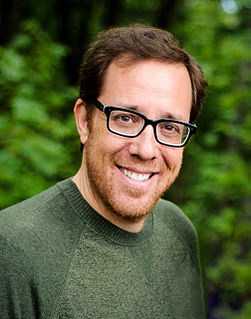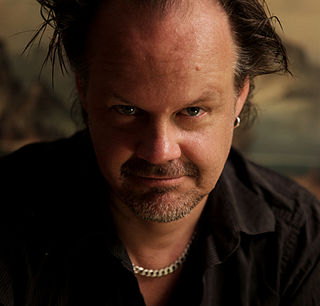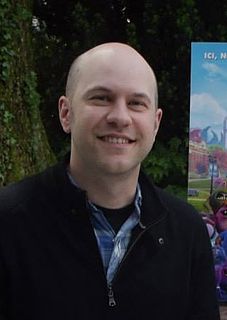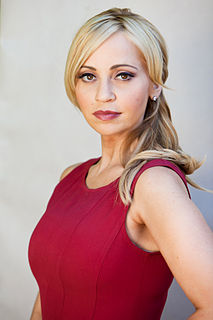A Quote by Rob Minkoff
A big part of filmmaking, and a big part of the power of filmmaking, is creating characters that people fall in love with. So, those things, like the bloopers, create more reality and dimension, and the sense that these are not drawings or shadows, but they are living, breathing, thinking characters. That's the illusion.
Related Quotes
When we make films - even 2D films - you're always trying to create this illusion of 3D, anyway. You're trying to create a believable world with characters walking, in and out of the perspective, to create the illusion that there's a world. The desire and drive to create this illusion of three-dimensional space is something that is true about every kind of film because you want the audience to really be experiencing it, first hand. It's a natural extension of the storytelling and the process of filmmaking.
I love filmmaking when fate is a part of the process and you are dependent on the laws of physics and the elements to get a single moment that transports or in some way creates an illusion even for a moment. I think that is tremendous fun and what I think filmmaking is, catching lightning in a bottle.
Narrative, fiction filmmaking is the culmination of several art forms: theater, art history, architecture. Whereas doc filmmaking is more pure cinema, like cinema verité is film in its purest form. You're taking random images and creating meaning out of random images, telling a story, getting meaning, capturing something that's real, that's really happening, and render this celluloid sculpture of this real thing. That's what really separates the power of doc filmmaking from fiction.




































